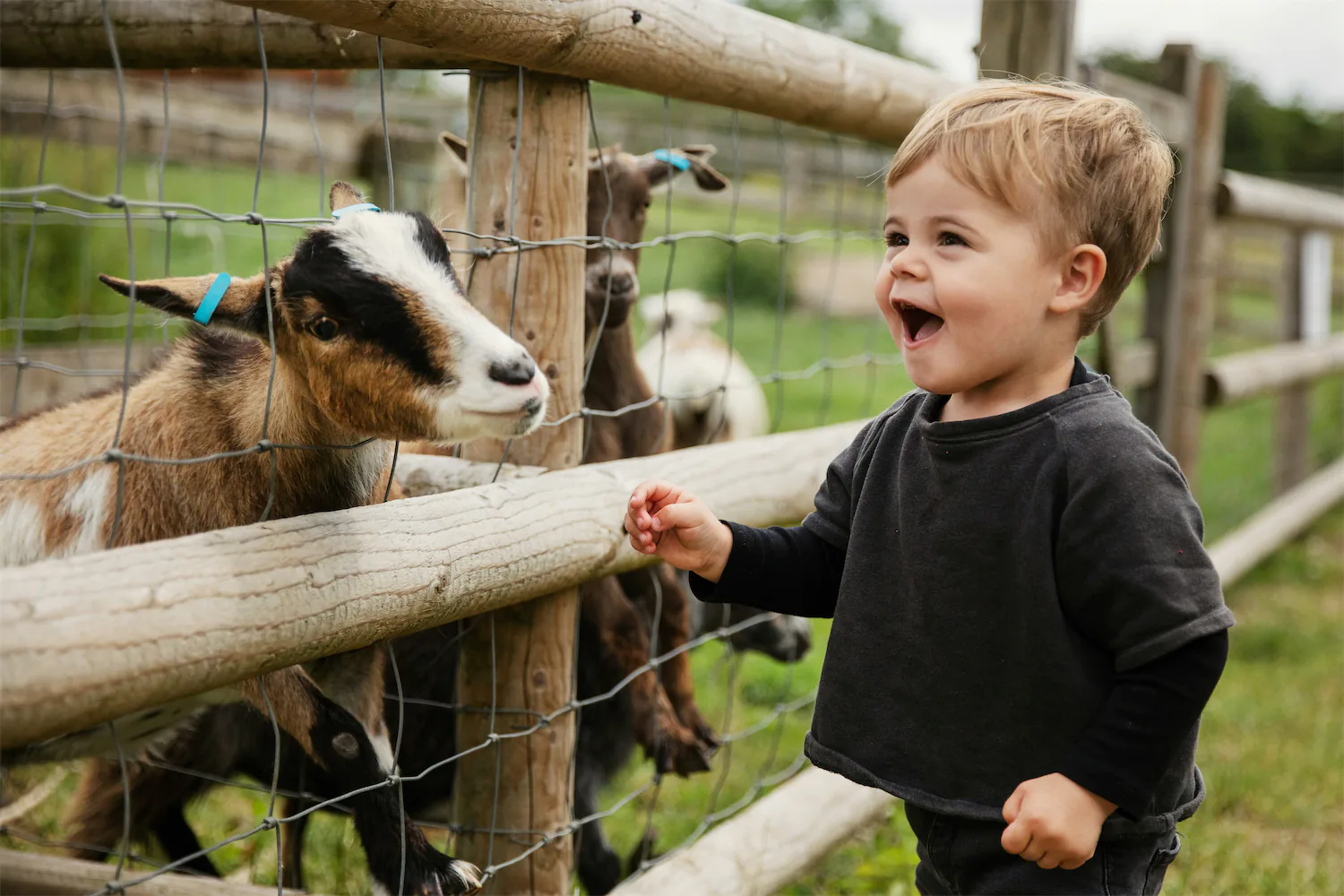Six month sleep regression
Six month sleep regression
Understanding baby sleep at 6 months
Understanding baby sleep at 6 months

Dahlia Rimmon, RDN
Content Writer

Jess Ellsworth
Certified Sleep Consultant



What are sleep regressions?
A sleep regression is a temporary setback in a child’s typical sleep patterns, often tied to developmental milestones at certain ages. Common signs include frequent night wakings, nap refusal, and difficulty falling asleep.
Six month sleep regression
At six months, babies experience sleep regressions due to major developmental changes. During this phase, their brains are more active, and it can be difficult for them to settle down for sleep. At six months old babies become more aware of their surroundings and may be more sensitive to noise. Teething, which usually begins around this age, can contribute to difficulty falling or staying asleep between sleep cycles due to discomfort and pain. The six-month sleep regression usually lasts between two and six weeks.
Six month developmental milestones
Laughing
Brings items to mouth
Signs of sleep regression at six months
Frequent middle-of-the-night wake-ups with crying
Difficulty falling asleep
Assistance falling asleep
Practicing new developmental skills, like rolling, during the night
Refusing naps
Shorter naps
How can I tell if my baby is going through a sleep regression or if it's something else?
Be sure to check for other signs and symptoms. If your baby is teething, look for excess drooling, red or swollen gums, and ear pulling. If they seem unwell, watch for irritability, fatigue, and frequent crying. Offer soothing options like teething toys or cool purees throughout the day to ease teething discomfort. If your baby isn’t showing any additional signs, it’s likely a sleep regression.
What's the difference between a sleep regression and a growth spurt?
Growth spurts can cause sleep regressions but you’ll also notice signs like your baby eating more and gaining weight.
Strategies for managing the six month sleep regression
Address the underlying cause: If teething is the issue, provide plenty of opportunities for your baby to relieve their sore gums during the day. If it’s related to developmental growth, ensure they have time to practice new skills during the day.
Consistency is key: Establish a bedtime routine. Babies recognize sleep cues, which calm them before putting them down in their crib. If your baby underwent formal sleep training, reinforce those sleep habits and bedtime routines.
Get fresh air: Whenever possible, take your baby outside during the day, which can help regulate their circadian rhythm and help them fall asleep.
Monitor daytime sleep: Pay attention to how much sleep your baby gets during the day. Aim for wake windows of 2 to 3 hours. Keeping them up for longer or shorter can disrupt sleep cycles and make it harder for them to fall and stay asleep.
Teach independent sleep skills: Help your baby develop independent sleep skills. Soothing them during your bedtime routine and placing them in their crib while they’re still awake can encourage them to fall asleep independently. Independent sleep skills, like self-soothing, also make it easier for babies to fall back to sleep between sleep cycles.
Soothing techniques for sleep
Soothing techniques are strategies that babies can use to help them fall asleep or return to sleep independently. One of the most effective ways to encourage self-soothing is by establishing a consistent and calm bedtime routine. A bedtime routine can include a warm bath, infant massage, breastfeeding or bottle feeding, reading a book, singing a song, and turning on a white noise machine. Allowing babies to suck their thumb or sucking on a pacifier can also help babies soothe and resettle for sleep.
What are sleep regressions?
A sleep regression is a temporary setback in a child’s typical sleep patterns, often tied to developmental milestones at certain ages. Common signs include frequent night wakings, nap refusal, and difficulty falling asleep.
Six month sleep regression
At six months, babies experience sleep regressions due to major developmental changes. During this phase, their brains are more active, and it can be difficult for them to settle down for sleep. At six months old babies become more aware of their surroundings and may be more sensitive to noise. Teething, which usually begins around this age, can contribute to difficulty falling or staying asleep between sleep cycles due to discomfort and pain. The six-month sleep regression usually lasts between two and six weeks.
Six month developmental milestones
Laughing
Brings items to mouth
Signs of sleep regression at six months
Frequent middle-of-the-night wake-ups with crying
Difficulty falling asleep
Assistance falling asleep
Practicing new developmental skills, like rolling, during the night
Refusing naps
Shorter naps
How can I tell if my baby is going through a sleep regression or if it's something else?
Be sure to check for other signs and symptoms. If your baby is teething, look for excess drooling, red or swollen gums, and ear pulling. If they seem unwell, watch for irritability, fatigue, and frequent crying. Offer soothing options like teething toys or cool purees throughout the day to ease teething discomfort. If your baby isn’t showing any additional signs, it’s likely a sleep regression.
What's the difference between a sleep regression and a growth spurt?
Growth spurts can cause sleep regressions but you’ll also notice signs like your baby eating more and gaining weight.
Strategies for managing the six month sleep regression
Address the underlying cause: If teething is the issue, provide plenty of opportunities for your baby to relieve their sore gums during the day. If it’s related to developmental growth, ensure they have time to practice new skills during the day.
Consistency is key: Establish a bedtime routine. Babies recognize sleep cues, which calm them before putting them down in their crib. If your baby underwent formal sleep training, reinforce those sleep habits and bedtime routines.
Get fresh air: Whenever possible, take your baby outside during the day, which can help regulate their circadian rhythm and help them fall asleep.
Monitor daytime sleep: Pay attention to how much sleep your baby gets during the day. Aim for wake windows of 2 to 3 hours. Keeping them up for longer or shorter can disrupt sleep cycles and make it harder for them to fall and stay asleep.
Teach independent sleep skills: Help your baby develop independent sleep skills. Soothing them during your bedtime routine and placing them in their crib while they’re still awake can encourage them to fall asleep independently. Independent sleep skills, like self-soothing, also make it easier for babies to fall back to sleep between sleep cycles.
Soothing techniques for sleep
Soothing techniques are strategies that babies can use to help them fall asleep or return to sleep independently. One of the most effective ways to encourage self-soothing is by establishing a consistent and calm bedtime routine. A bedtime routine can include a warm bath, infant massage, breastfeeding or bottle feeding, reading a book, singing a song, and turning on a white noise machine. Allowing babies to suck their thumb or sucking on a pacifier can also help babies soothe and resettle for sleep.
Summer Health offers fast and reliable pediatric urgent care through online doctors, all via text. Whether you’re worried about your baby's fever, rashes, or other children's health concerns, we provide expert advice and support anytime, right from your phone.

Never miss a post!
Sign up for our newsletter to receive articles and guides directly to your inbox!

















